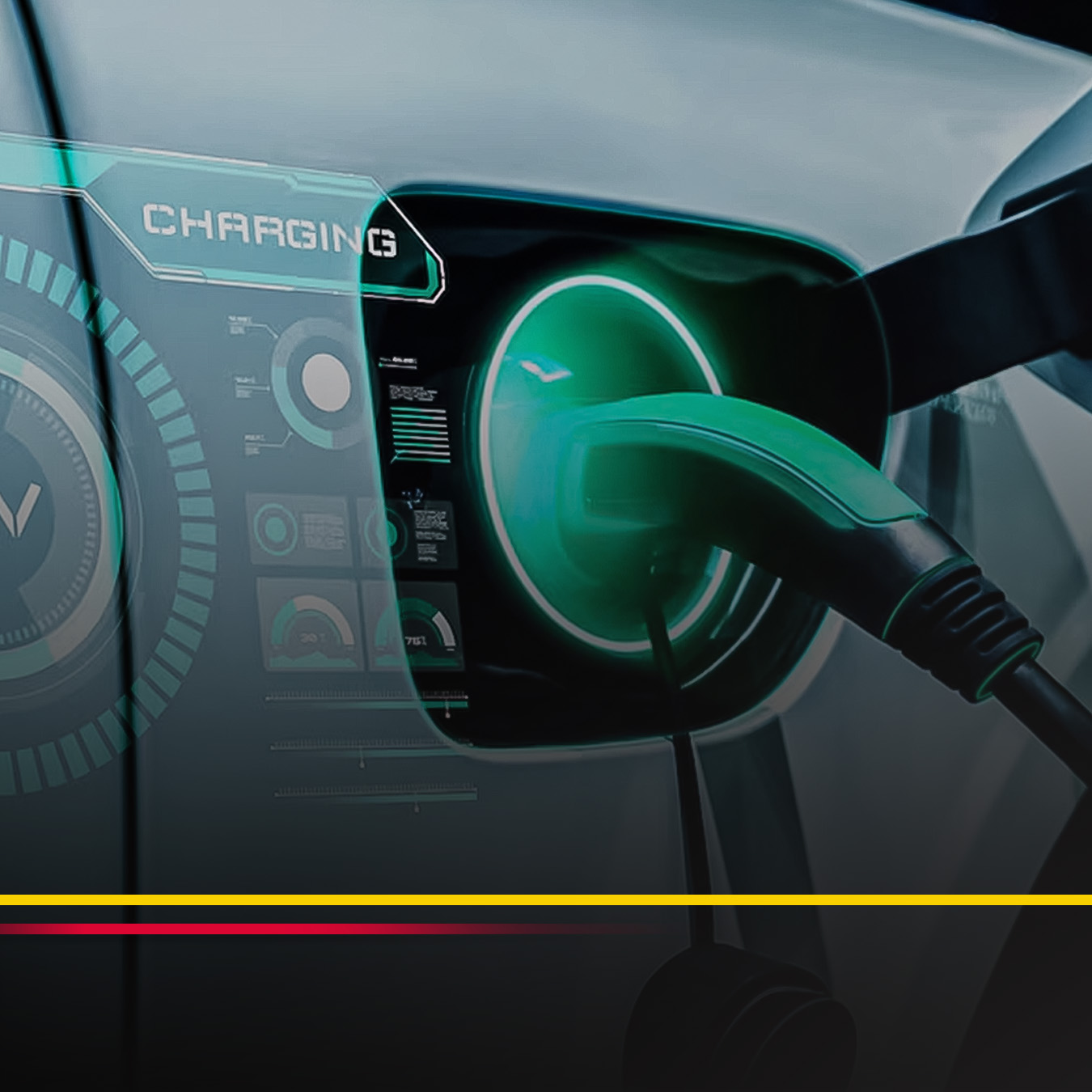Electric vehicles (EVs) are no longer a futuristic concept but a present reality reshaping the global transportation landscape. As the world seeks sustainable alternatives to traditional combustion engines, EVs stand out for their potential to revolutionize the way we commute while addressing pressing environmental concerns. In Lebanon, a country grappling with economic challenges and an aging infrastructure, the adoption of EVs presents a unique mix of opportunities and hurdles.
Current State of EV Adoption in Lebanon
Lebanon has witnessed a promising increase in electric vehicle registrations in recent years, with data revealing a 127% rise between 2020 and 2022. This surge demonstrates a growing awareness among Lebanese citizens regarding sustainable transportation solutions. The trend is largely fueled by a younger demographic keen on embracing greener alternatives and reducing reliance on fossil fuels. However, the market remains in its infancy, with EV adoption still far from mainstream.
Opportunities for Growth
The shift toward EVs in Lebanon could unlock several benefits, transforming both the environment and the economy:
- Environmental Benefits
Unlike traditional vehicles, EVs emit no greenhouse gases during operation, making them a vital tool in combating urban air pollution. Cities like Beirut, plagued by poor air quality, could see significant improvements with increased EV usage. - Economic Advantages
Reducing dependence on imported fossil fuels can alleviate Lebanon’s trade imbalance and contribute to energy security. Additionally, EVs have lower maintenance costs due to their simpler mechanics, offering long-term savings to owners. - Technological Advancements
Developing EV infrastructure—such as charging stations—could drive technological innovation and create job opportunities in the green energy sector. This can also position Lebanon as a regional player in the growing global EV market.
Challenges Hindering Progress
Despite its potential, EV adoption in Lebanon faces several significant challenges:
- Infrastructure Development
The lack of widespread EV charging stations is a critical bottleneck. Establishing a robust charging network requires substantial investment and coordinated efforts between the government and private sector. - Economic Constraints
The high upfront cost of EVs remains a barrier for many Lebanese consumers, especially given the ongoing financial crisis. Subsidies or tax incentives could help bridge this affordability gap. - Policy and Regulation
Lebanon lacks comprehensive policies to support EV adoption. Without clear incentives for consumers and businesses, the transition to electric mobility remains slow.
Future Prospects
To realize the full potential of EVs, Lebanon must adopt a multifaceted approach. Government initiatives to offer tax breaks and import incentives, coupled with private sector investments in infrastructure, are essential. Public awareness campaigns can further educate consumers on the environmental and financial benefits of EVs. By overcoming these challenges, Lebanon can transition toward a sustainable and economically viable transportation system, setting an example for the region.
References





Comments are closed